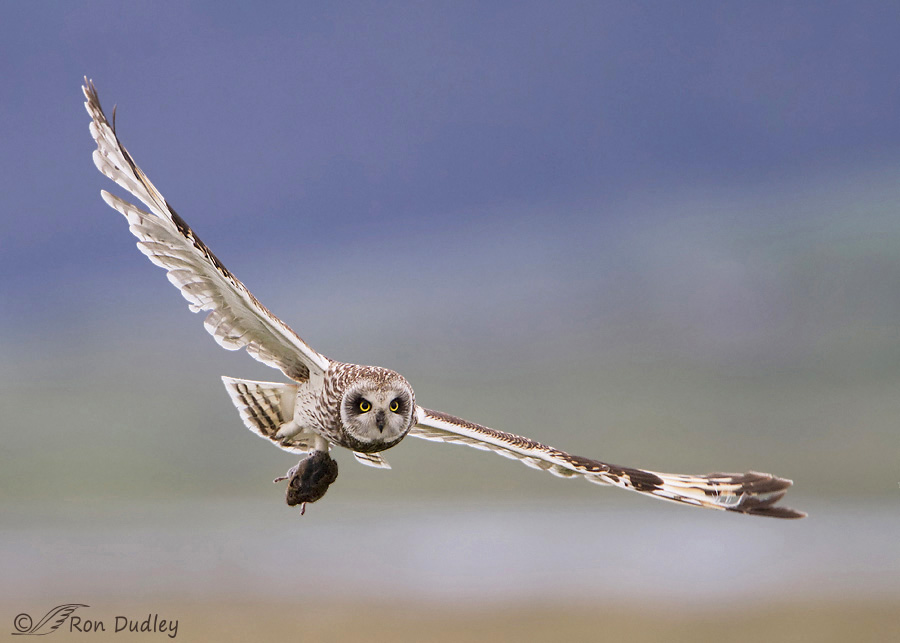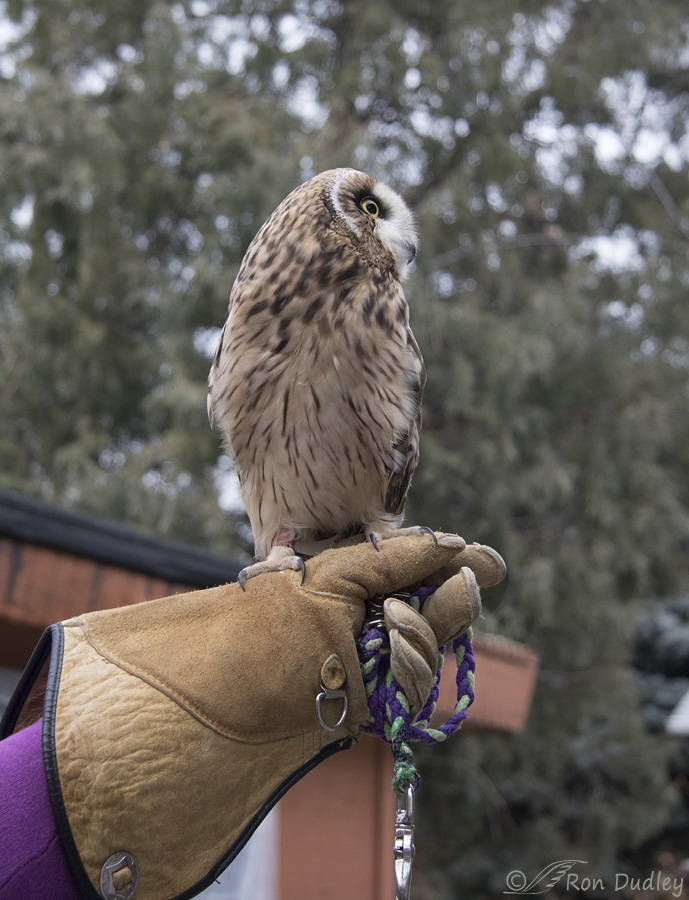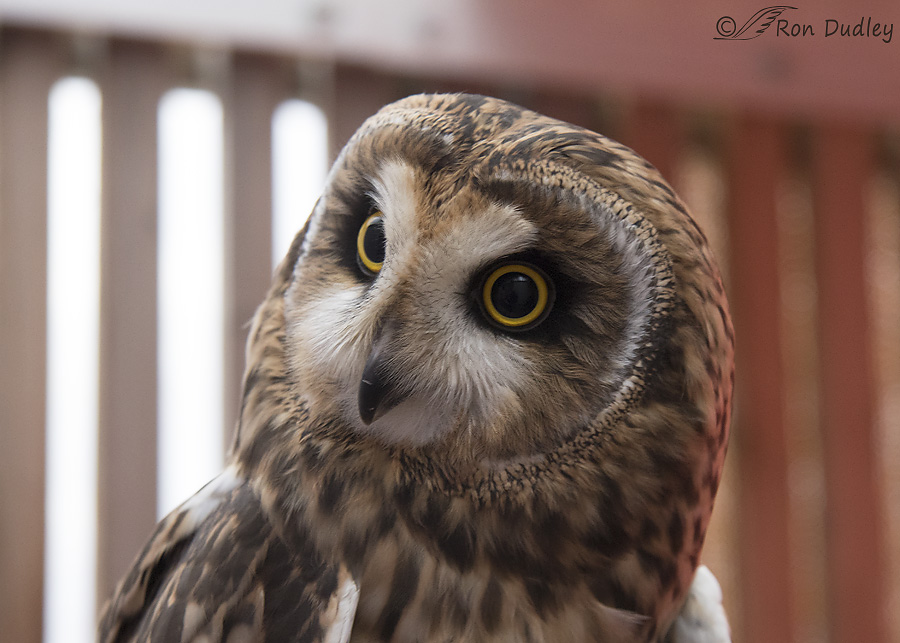And yes, zugunruhe affects raptors too.
Thanks to HawkWatch International I learned an interesting new word a couple of days ago. I’m always happy to add to my vocabulary when it’s a topic of interest to me – in this case, birds. I’ve known about this phenomenon for years but I was unaware there was an actual word assigned to it and I’m guessing some of my readers might be in the same boat.
The word is “zugunruhe”. On reflection I may not use it easily in conversation because its proper German pronunciation would likely tangle my tungle but I’m still happy to know it and it may come in handy on my blog or in conversation with other bird fanatics.
A short definition of zugunruhe might be “a period of anxiousness exhibited by migratory birds, including those in captivity, during migration seasons” but I like the following description from William Fiennes better:
- “In accordance with their inherited calendars, birds get an urge to move. When migratory birds are held in captivity, they hop about, flutter their wings and flit from perch to perch just as birds of the same species are migrating in the wild. The caged birds ‘know’ they should be travelling too. This migratory restlessness, or Zugunruhe, was first described by Johann Andreas Naumann…[who] interpreted Zugunruhe to be an expression of the migratory instinct in birds.”
The urge to migrate is of course instinctive and captive birds have no control over it. Zugunruhe has been produced in the lab in captive migratory birds by artificially changing the length of day which causes the anxiety of the birds to increase and changes their normal sleep pattern (many birds migrate at night). Most North American bird species are migratory to a greater or lesser degree (interestingly, far fewer South American birds are migratory) so when I see captive birds I often wonder what they might experience during migration seasons.
 1/1000, f/5.6, ISO 800, Canon 7D, Canon EF 500mm f/4L IS USM + EF 1.4 III Extender, not baited, set up or called in
1/1000, f/5.6, ISO 800, Canon 7D, Canon EF 500mm f/4L IS USM + EF 1.4 III Extender, not baited, set up or called in
Short-eared Owls are described as “partial migrants”. They’re highly migratory in the northern part of their range and even though some SEO’s at mid-latitudes may be present in the same general area year-round banding data indicates that even those individuals migrate north/south and west/southwest seasonally.
Most examples of birds exhibiting migratory stress or anxiety in captivity I’ve read about in the past have been songbirds so without giving it much thought I had just assumed (assumptions are inherently perilous) that zugunruhe was primarily a phenomenon of passerines. I was wrong. Raptors experience zugunruhe too, which is at least part of the trigger for them to migrate in the first place.

Most of the captive birds I experience personally are unreleasable raptors used in education programs, including Galileo the Short-eared Owl I cut out of barbed wire (with help from Mia). As many readers know Galileo is now an education ambassador for HawkWatch International and of course is captive.
I’ll never be able to look at this photo again without wondering if Galileo wasn’t looking wistfully at the skies and longing to migrate.

Who knows what really goes on in the mind of a captive raptor like Galileo…
Ron
PS – After publishing this post I asked good friend Tana Peery Hunter (she helps to care for HWI’s education birds) if she ever noticed increased anxiety in their captive raptors during migration seasons. This was her response on Facebook: “yes, especially with Aymara the swainsons hawk. She can be quite the little drama queen during fall migration!”
Given Tana’s response it’s interesting to note that Swainson’s Hawks migrate all the way to South America in the fall.


“My” birds, which again are no more mine than the air I breathe, have differing responses in the Spring. The 24-year-old female redtail gets into a PMS-like attitude that, to me, is unmistakable. I know that look. Heck, I’ve GIVEN that look! Roughly translated, it means “drop the quail, back up and no one will get killed! Then, be gone with you!” If I try to spend more time with her, she’ll actually growl at me. I’ve been dismissed!
Jack, 18-year-old captive-bred male Harris’ hawk, remains his happy-go-lucky, let’s-go-hunting self. However, he makes a brood patch every year, just in case. Other than that, his behavior remains the same.
The Kestrel is crazy every day, all day. Sometimes she’s calm and other times she sees me at the Devil incarnate and throws a major hissy fit.
I had to take a semester of German to get through grad school. I made it, just, only because of the topic of falconry and the racing Audis at LeMans. For some reason, my brain has never been able to do other languages. If I do constant repetition, I can get through a semester or two, but after that, there’s a massive memory dump! But one thing–will someone PLEASE buy those folks a space bar!!! They really like to mash their words together!
I am not at all surprised to hear that they feel it. And it is yet another reason for birds to remain free whenever possible. And yes, I do know it isn’t always possible, but this is another reason for heart ache in those cases. Theirs and mine.
I couldn’t agree more, EC.
As usual, you said it so well…I agree 100%…
Very interesting and sensational shots Ron!
Charlotte
Thank you, Charlotte.
THERE’S COLD, WHITE STUFF ALL OVER THE PLACE!!!!!!!
You must be hallucinating, Patty. It’s officially springtime now!
Germans have great words!! I learned German as a child because I had a grandmother who didn’t speak English (the other one did)… there are some words that are just better in some languages, not just German! When I lived in Germany in 1986, the teachers would often yell “RUHE!!” sort of like Melissa McCarthy, as Sean Spicer, on Saturday Night Live – settle down! settle down! super photos… I want to give Galileo a squeeze. I’m sure it would NOT be appreciated…
I’ll be truthful, Nicole – the only other language I’ve ever even attempted is pig latin….
Ron, I have used the word for many years when I see the behavior in my back yard every autumn. My wife and I pronounce it zoo-gun-roo. That may be our made up pronunciation and partially inherited from a natural history instructor she once had. Nonetheless I love the word and the behavior I see often with the red winged blackbirds and other commuting songbirds in the first snows of the season in my backyard at 7000’ in the Wasatch. I remember that most North American birds migrate and that a majority of migrators migrate intercontinental distances. Does that match your understanding? I am pretty sure my blackbirds just move downhill to the valley for the winter though.
I think I’ll adopt your pronunciation, Art. I listened to someone pronounce it properly on one of the dictionary sites and my mouth and tongue would simply be incapable of making it sound like that.
A better representation of our pronunciation would be: zoo-gun-ROO. And we get quit animated when we observe the behavior and shout it out.
Galileo is certainly an incredibly handsome bird!!! I hope the itch to move isn’t uncomfortably strong…glad you can’t pronounce that word for it….whereas their may be a lot of perfectly nice German people, I!m no fan of the sound of their language…I wonder, too, if birds that stick around and don’t migrate, get restless, too….
“I wonder, too, if birds that stick around and don’t migrate, get restless, too….”
I’ve read that they do, Patty. Thanks.
I’ve always gotten very restless in the Autumn and Spring, too….I’m serious about this…Now I wonder if there’s more to it…like a primitive urge of some of some kind to migrate. .aAt some point, we probzbly did migrate…
A new word! Woo Hoo! And such an apt description of that itch to travel. The first shot is spectacular and I’ll take as many shots of Galileo as you can put up on your blog pages. He feels like a member of the family! He’s such a gorgeous bird — you and Mia definitely earned universe points.
And such an apt description of that itch to travel. The first shot is spectacular and I’ll take as many shots of Galileo as you can put up on your blog pages. He feels like a member of the family! He’s such a gorgeous bird — you and Mia definitely earned universe points.
Yup, he’s an honorary member of “our family”, that’s for sure. Thanks, Marty.
How interesting! Perfectly logical tho – know when we had “barn cats” the toms would get VERY antsy when it was time to go “tom catting” – would travel miles around here – and even neutered cats we’ve had exhibit that in early spring. The SEO photo’s are wonderful – Galileo is such a beauty – not that I’m at all biased. Thx for the education and wonderful photos
Perfectly logical tho – know when we had “barn cats” the toms would get VERY antsy when it was time to go “tom catting” – would travel miles around here – and even neutered cats we’ve had exhibit that in early spring. The SEO photo’s are wonderful – Galileo is such a beauty – not that I’m at all biased. Thx for the education and wonderful photos
“Galileo is such a beauty”
At the risk of revealing what an old softie I am, Galileo still melts my heart every time I see him. Thanks, Judy.
Ah yes a new word for an oldsters diminishing vocabulary, love it!! Now all I have to do is remember it so I can use it!!
Great shot of a returning owl to the nest w/food, and wonderful shots of Galileo, nice to see he is doing so well!
Many thanks for the post.
Thank you, Dick. I think my problem with that word will be pronouncing it properly.
What a great post Ron – thank you. A new word for me as well. I am sure that Galilio would much rather be captive than what his fate would have been if you and Mia had not of been there. He now is making new friends with every outing and doing good for his species…even if he is not aware of it. That Shorty with the mouse coming right at you…my dream shot. Thousands of photos and I still don’t have that particular one…and I desire it. Killer all the way around…I want to experience that shot right there.
Thanks, Zaph. I actually have a large canvas print of that image on my living room wall.
Ron,
Great pictures as always and thanks for the new word!
Maybe it’s taking a liberty or two but we’re full-time RVer’s and zuchunruhe seems a great word to describe that urge we get to move on. We’ve been looking for a way to describe that feeling we get. Not only do we love birds but I guess we’re starting to act like them as well, LOL.
Doesn’t sound like it would be taking much of a liberty to me, Scott. I say if it works (and in this case I think it does), use it.
Interestingly enough, Google translate for the Z word is “How are the ancestors?”
Elmer, zugunruhe is a German compound word consisting of Zug (move, migration) and Unruhe (anxiety, restlessness).